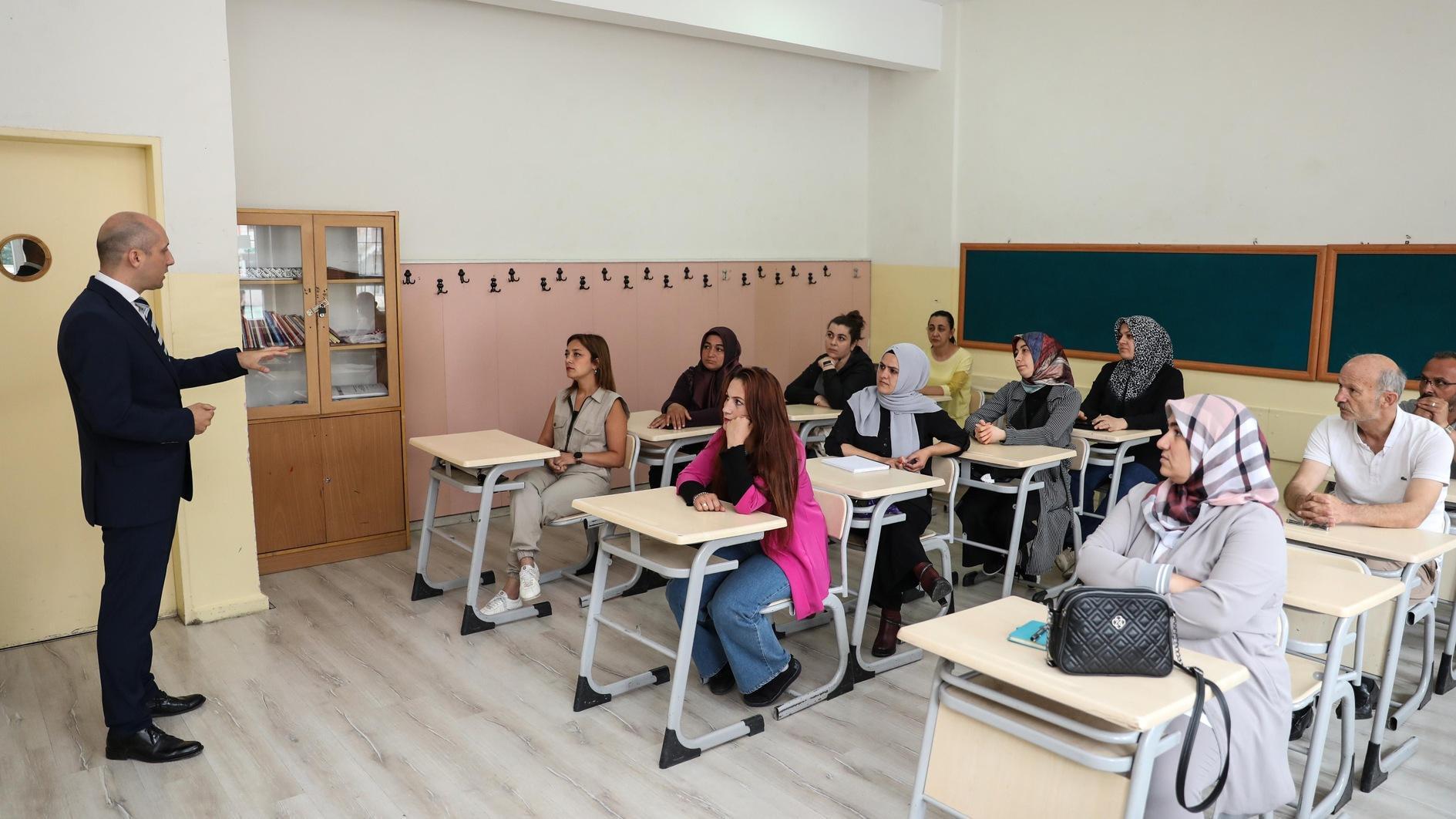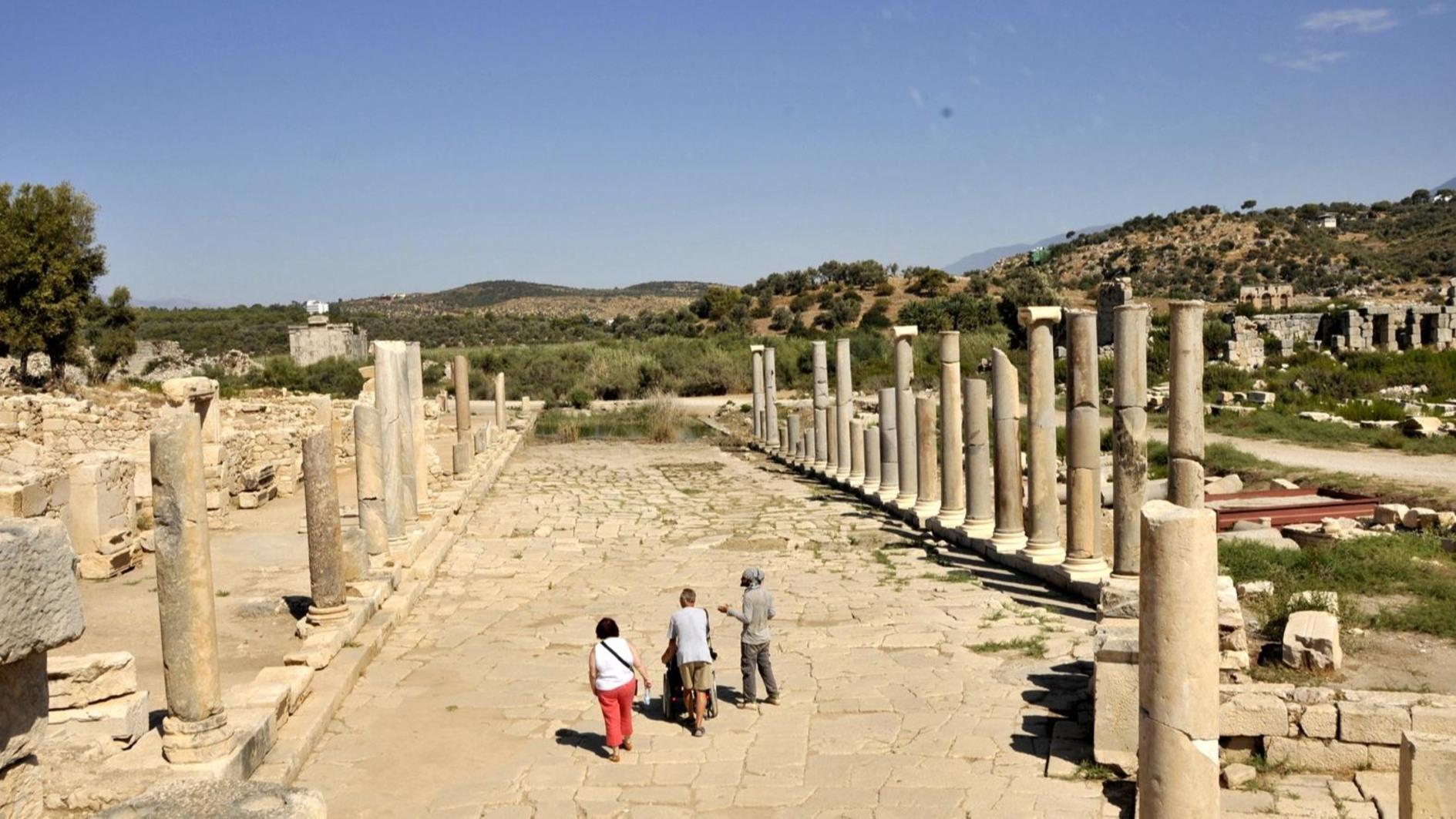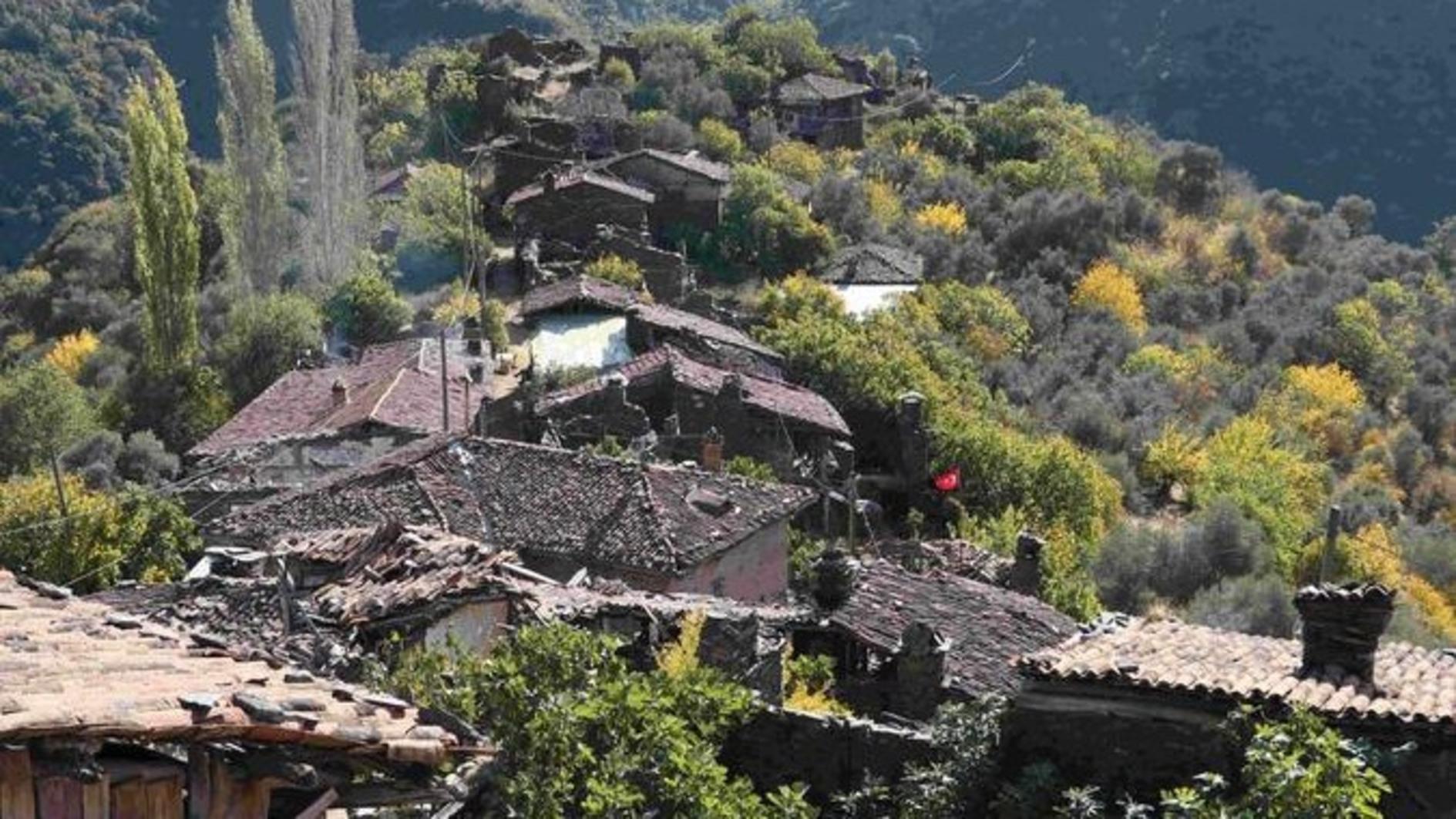Still misunderstood at Gezi Park
BEKİR AĞIRDIR bagirdir@t24.com.tr
At the 17th day of the Gezi Park resistance, it is seen that the spirit, character and the dynamics of it have not been understood yet.What makes me frightened at this moment is not the incidents but that most of those who rule the country, the companies, banks, trade unions and the media have not yet grasped what is happening and why it is happening. Consequently, unfortunately, the issue is not being managed. For this reason, we are now open to the mistake, provocation and manipulation of any one actor. The diagnosis and the method of treatment are on the wrong route.
The only thing that is correctly understood is that the core resistance and the resisters at Gezi Park are different from what we have known up to now. Even this much of a difference in understanding and definition seems to open the doors to dialogue.
1. First mistake: The statement that was on everybody’s mind the first day of the resistance is considered still valid today.
The resistance has changed in content and dynamics from day to day. First it was the core that acted with environmental and urban concerns for the park, resisting bulldozers; it transformed into a reaction to police violence after the police brutality. Later, after the prime minister’s speech,s it turned into a general protection of lifestyles and freedoms, then spread into 77 provinces, in some as support for Gezi in others as a reaction to the government. Later, every actor except for the core Gezi Park rushed to get his/her share of the issue.
Research company KONDA’s Gezi Park survey asked the question “When did you first decide to come here,” and the answers to this question confirms this change.
If the meaning, dimension, actors and dynamics of the issue have changed this much even in 17 days, it has been impossible either to understand or to manage the issue with the first day’s definition and position.
2. The core resistance is still there, keeping their cool stance. They have not been affected by manipulation efforts and provocations. On television stations, and in newspaper columns, everybody including me is dogmatizing on behalf of them, but they are over there with determination, without talking too much and while having fun. After those small dialogue steps, look at the language, content, the discourses, the known political paragraphs of the political authorities and also take a look at the precise, clear, simple and elegant speeches of the civilians.
3. The biggest mental break that the core resistance will produce will be at the conception of politics. They are there with an action and political conception that rejects politics based on hierarchy and rules that is played over the actors and life jammed in time and place.
With the government leading, everybody around them is trying to pull this resistance from being “issue-based” to the known “actor-based” political platform.
Those who want to manipulate, who are after provocation, those who assume that they can lead them according to their own scenarios, regardless of them being a supporter of the ruling Justice and Development (Ak Party) or its opposite pole, they want to press the issue into “being against the government and being a loyalist axis.” They have proceeded some distance on that route.
4. When we come to the referendum issue; that is where the essential mistake is being made. The stage of referendum being reached is important. The resisters do not oppose to the referendum politically.
5. However, what the resistance is implying is beyond a referendum. The real demand of those at Gezi and this resistance is participation. The objection is to the central authority’s centralism and arbitrariness. The real objection is against the conception of limiting democracy to elections only.
We vote for one of the options present in elections and in referendums. But today’s complicated and pluralist life offers more than selecting one option; it is participating in all decision-making processes with our own identity, needs and demands. Decisions and processes should be transparent and open to monitoring.
In other words, the demand is to exist. The Gezi resistance is the objection to the understanding that democracy means the owner of one more vote can do anything he wants the way he wants. It is the demand to exist even it is only one’s own self.
In a way, those present at the Gezi are the “multiple choice” generation. According to KONDA’s Gezi Park Survey data, 56 percent of them have university or higher education, 37 percent of them are still students. They are the children of the education and exam system of this country that is based on the “finding the correct option” method. Their objection is this system.
They demand a life where all options are correct, just and valid.
This article was taken from the t24.com.tr website.











